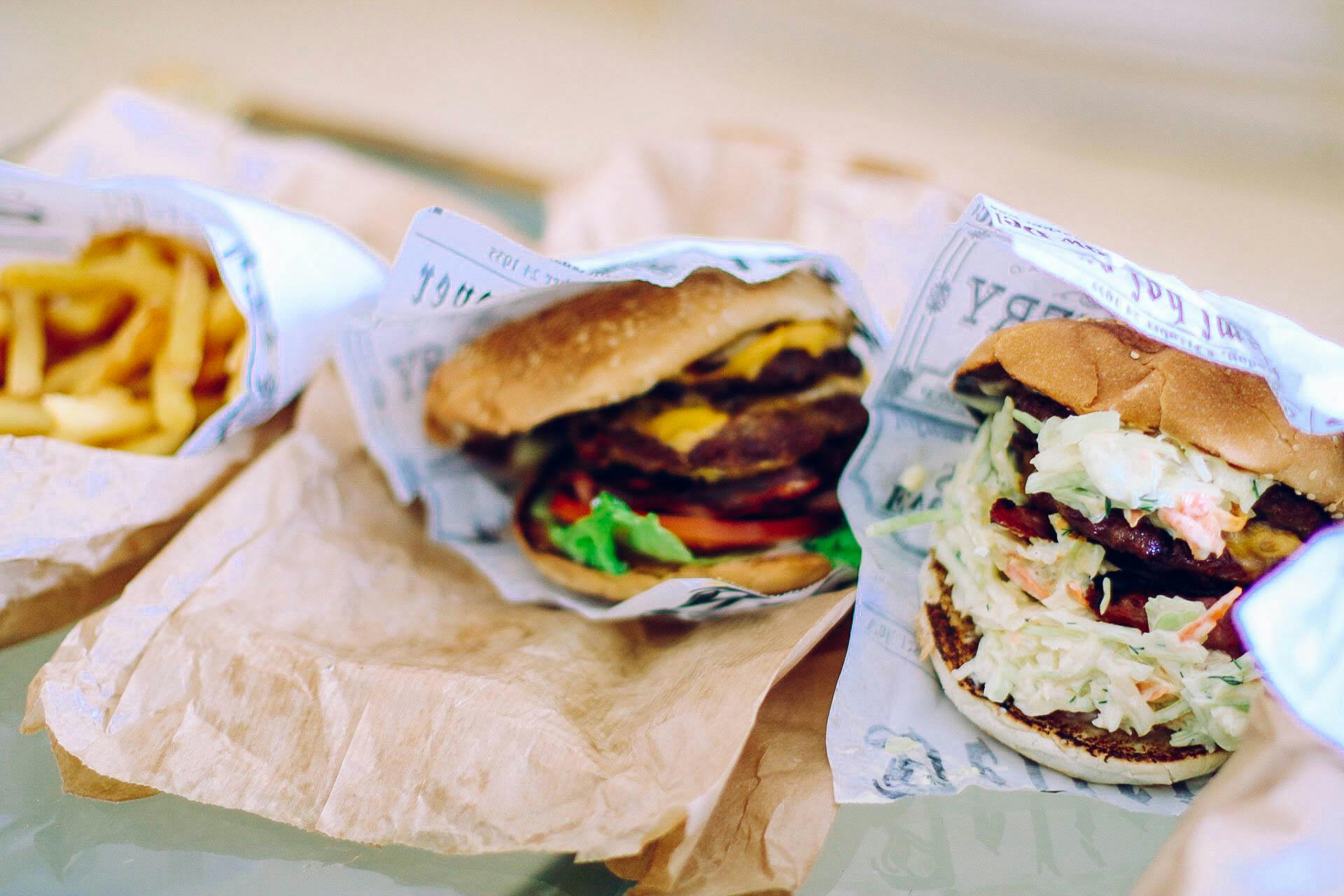Keto Cheeseburger Cabbage Wraps: A Deliciously Low-Carb Alternative

In the ever-evolving landscape of ketogenic and low-carbohydrate eating, creative and satisfying meal solutions are always in demand. Among the most popular and adaptable recipes is the Keto Cheeseburger Cabbage Wrap, offering all the beloved flavors of a classic cheeseburger without the carb-laden bun. This versatile dish has gained significant traction in recent years, with many variations and recipes emerging to cater to busy lifestyles and health-conscious individuals. As of August 2025, these wraps continue to be a staple in keto meal plans, praised for their simplicity, flavor, and nutritional benefits.
The Appeal of Cabbage Wraps
Cabbage, a cruciferous vegetable, has long been recognized for its impressive health benefits. It is packed with vitamins C and K, fiber, and antioxidants, contributing to improved digestion, immune support, and even potential cancer-preventive properties. Its versatility in the kitchen is undeniable, lending itself to raw preparations like coleslaw, cooked dishes, and, notably, as a natural, low-carbohydrate alternative to bread and tortillas. The sturdy yet pliable nature of cabbage leaves, especially when lightly blanched, makes them an ideal vessel for holding burger fillings, effectively replacing traditional buns without compromising the satisfying handheld experience of eating a burger.
Crafting the Perfect Keto Cheeseburger Cabbage Wrap
Creating Keto Cheeseburger Cabbage Wraps is a straightforward process, making them an excellent option for weeknight dinners or meal prepping. The core components remain consistent across most recipes, with room for personalization.
Key Ingredients
- Ground Beef: Typically 80/20 or 85/15 lean ground beef is recommended for optimal flavor and moisture.
- Cabbage: Large green cabbage leaves are preferred for their size and ability to hold the fillings.
- Cheese: Cheddar cheese is a classic choice, but other varieties like Havarti or American cheese can also be used.
- Toppings: Common toppings include sliced tomato, red onion rounds, pickles, and sometimes avocado slices.
- Sauce: A simple burger sauce is often made with mayonnaise, Dijon mustard, red wine vinegar, garlic powder, salt, and pepper.
- Optional Additions: Bacon, caramelized onions, or other keto-friendly condiments can enhance the flavor profile.
Preparation Steps
- Prepare the Cabbage Leaves: Bring a large pot of water to a boil. Carefully dip the large cabbage leaves into the boiling water for about 30 seconds until they become soft and pliable. Remove the leaves and pat them dry with paper towels.
- Make the Sauce: In a small bowl, whisk together the mayonnaise, Dijon mustard, red wine vinegar, garlic powder, salt, and pepper until well combined.
- Cook the Burgers: Form the ground beef into patties, seasoning them with salt and pepper. Cook the patties in a skillet over medium-high heat until browned and cooked to your desired doneness. Add the cheese during the last minute of cooking to allow it to melt.
- Assemble the Wraps: Lay a blanched cabbage leaf flat. Place a cheeseburger patty on the lower portion of the leaf, near the stem. Add your desired toppings such as onion, tomato, and pickles. Fold the sides of the cabbage leaf inward, then fold the top over to create a secure wrap.
- Serve: Serve the Keto Cheeseburger Cabbage Wraps immediately, with the prepared sauce on the side for dipping.
Nutritional Advantages and Keto Suitability
The primary advantage of Keto Cheeseburger Cabbage Wraps lies in their significantly reduced carbohydrate content compared to traditional burgers. By eliminating the bun, these wraps drastically cut down on net carbs, making them ideal for individuals following a ketogenic diet aimed at achieving or maintaining ketosis. Cabbage itself is very low in carbohydrates, with a 100-gram serving containing only about 5.8 grams of total carbohydrates and 2.5 grams of fiber, resulting in a low net carb count. This makes cabbage a nutrient-dense, low-calorie food that supports weight management and overall health.
The protein from the beef and the healthy fats from the cheese and optional avocado contribute to satiety, helping to keep hunger at bay. The inclusion of vegetables like tomatoes and onions adds vitamins, minerals, and antioxidants, further enhancing the nutritional profile of the meal.
Variations and Popularity in 2024-2025
The popularity of low-carb and keto recipes has continued to surge, with dishes like the cheeseburger cabbage wrap being featured in numerous online recipe collections and food blogs throughout 2024 and into 2025. While the classic cheeseburger variation is widely embraced, other creative adaptations exist:
- Cheeseburger Lettuce Wraps: Similar to cabbage wraps, but utilizing large lettuce leaves (such as Boston, iceberg, or romaine) as the wrapper.
- Keto Big Mac Crunchwrap: A more complex preparation that uses keto-friendly tortillas and a homemade tostada shell to recreate the iconic Big Mac in a low-carb format.
- Cheeseburger Tacos/Burritos: Utilizing low-carb tortillas to create a wrap or taco-style meal with cheeseburger fillings.
The trend towards healthier, bunless alternatives for popular comfort foods remains strong, with cabbage wraps serving as a prime example of this culinary innovation.
A Brief History of the Cheeseburger
The cheeseburger, a beloved American classic, has a history dating back to the early 20th century. While the exact origin is debated, Lionel Sternberger is credited with being one of the first to add cheese to a hamburger at his father’s diner, The Rite Spot, in Pasadena, California, around 1924 or 1925, calling it a “Cheese Hamburger.” Later, in 1935, Louis Ballast of the Humpty Dumpty Drive-In in Denver, Colorado, is said to have trademarked the name “cheeseburger.” The concept of wrapping food in flatbread, however, has ancient roots, with wraps as a modern sandwich alternative gaining popularity in the mid-1990s.
Conclusion
Keto Cheeseburger Cabbage Wraps represent a smart and delicious way to enjoy the satisfying flavors of a cheeseburger while adhering to a low-carbohydrate or ketogenic lifestyle. Their ease of preparation, nutritional benefits derived from cabbage, and adaptability make them a standout recipe in the current culinary landscape. As interest in health-conscious eating continues to grow, these versatile wraps are poised to remain a popular and cherished meal option for many years to come.